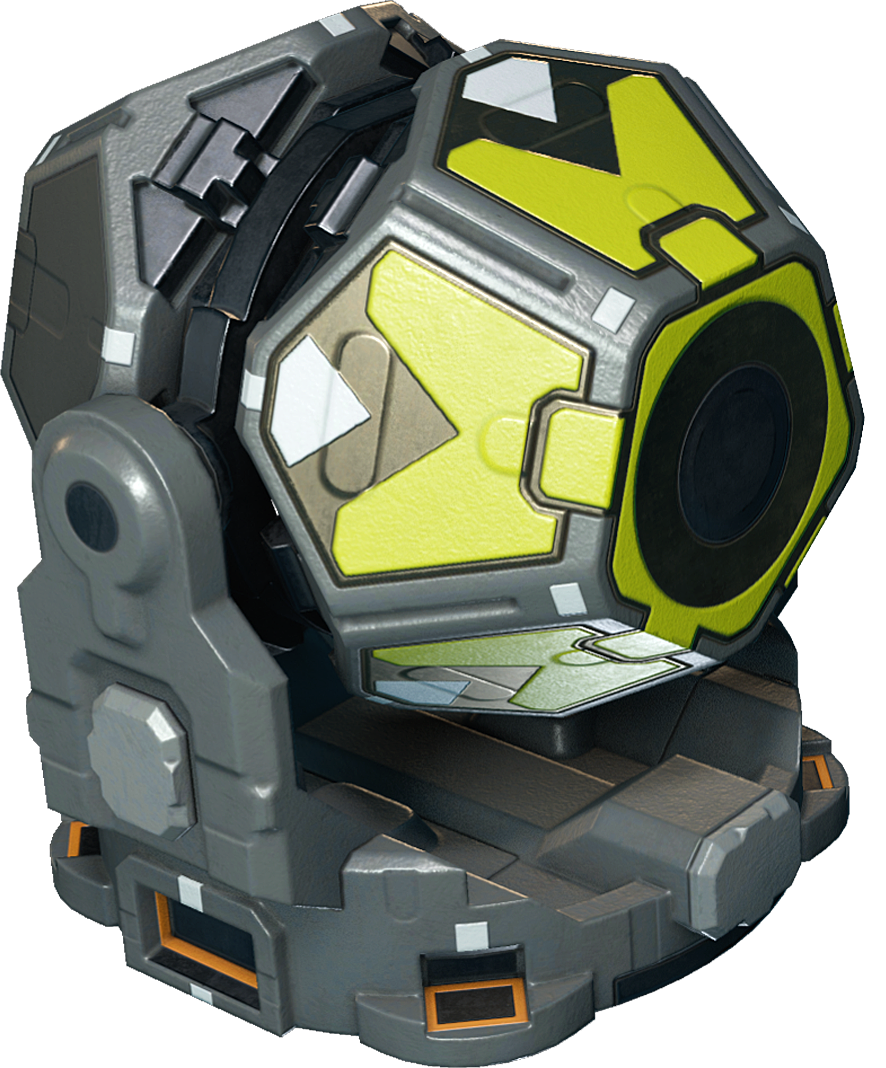Difference between revisions of "Navigation receivers"
Jump to navigation
Jump to search
(Template conversion) |
m |
||
| Line 22: | Line 22: | ||
|mass=<ul><li>18,492.47 kg ''(large)''</li><li>5,094 kg ''(small)''</li></ul> | |mass=<ul><li>18,492.47 kg ''(large)''</li><li>5,094 kg ''(small)''</li></ul> | ||
|volume=<ul><li>1,858.54 kv ''(large)''</li><li>511.96 kv ''(small)''</li></ul> | |volume=<ul><li>1,858.54 kv ''(large)''</li><li>511.96 kv ''(small)''</li></ul> | ||
|corrosionResistance= | |corrosionResistance=380 | ||
|primaryMaterial=Charodium | |||
|suppressUnitsKg=1 | |suppressUnitsKg=1 | ||
|suppressUnitsKv=1 | |suppressUnitsKv=1 | ||
| Line 46: | Line 47: | ||
|aegisium= | |aegisium= | ||
|ajatite=10% | |ajatite=10% | ||
|arkanium= | |arkanium= | ||
|bastium= | |bastium=10% | ||
|charodium= | |charodium=10% | ||
|corazium= | |corazium= | ||
|exorium= | |exorium= | ||
| Line 55: | Line 56: | ||
|ilmatrium= | |ilmatrium= | ||
|karnite= | |karnite= | ||
|kutonium= | |kutonium= | ||
|lukium= | |lukium= | ||
|merkerium= | |merkerium= | ||
| Line 61: | Line 62: | ||
|oninum= | |oninum= | ||
|surtrite= | |surtrite= | ||
|tengium= | |tengium= | ||
|ukonium= | |ukonium= | ||
|valkite= | |valkite= | ||
|vokarium= | |vokarium=70% | ||
|xhalium= | |xhalium= | ||
}} | }} | ||
Revision as of 09:31, 9 July 2021
Navigation receivers
Type Navigation device
Function Receives signals
Availability Luxury Items
Size
- 156×156×180 cm (large)
- 120×120×120 cm (small)
Mass
- 18,492.47 kg (large)
- 5,094 kg (small)
Volume
- 1,858.54 kv (large)
- 511.96 kv (small)
Corrosion resistance 380
Primary material Charodium
Input / Output
Electric input Passive
Device interfaces 1
Composition
A navigation receiver is a device that can receive signals sent out by Radio transmitters.
Basic information
- Have to be pointed to the direction of a transmitter.
- They only look for signals in the area they're pointed at. This means that receivers may have to scan areas section by section to find transmitter messages.
- If a receiver is in the range of a transmitter and is pointed towards the transmitter, the transmitter's message is set to the receiver's "Message"-field.
- Both large and small receivers currently have the same properties.
Device fields
| YOLOL field | description | range |
|---|---|---|
| Message | Found message | 0 |
| SignalStrength | Strength of the found signal, measured in meters | 0 |
| ListenAngle | An angle of 180 coresponds to an omnidirectional receiver. | 0-180 |
| TargetMessage | The message the receiver will exclusively listen to, 0 means listens to all | 0 |
| TargetFrequency | The frequency the receiver will exclusively listen to, 0 means listens to all | 0 |
| Frequency | The frequency of the transmitter currently listened to, 0 if no signal found. | 0 |
| ReceiverPitch | Target pitch of the device | 0 |
| ReceiverCurrentPitch | Current pitch of the device | 0 |
| MaxRotation | Maximum limit for rotation | 180 |
| MinRotation | Minimum limit for rotation | -180 |
| TargetVelocity | Target velocity in which the device rotates | 0-3 |
To learn more about how to use fields, consult these wiki pages:
